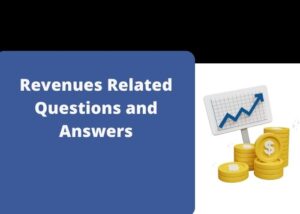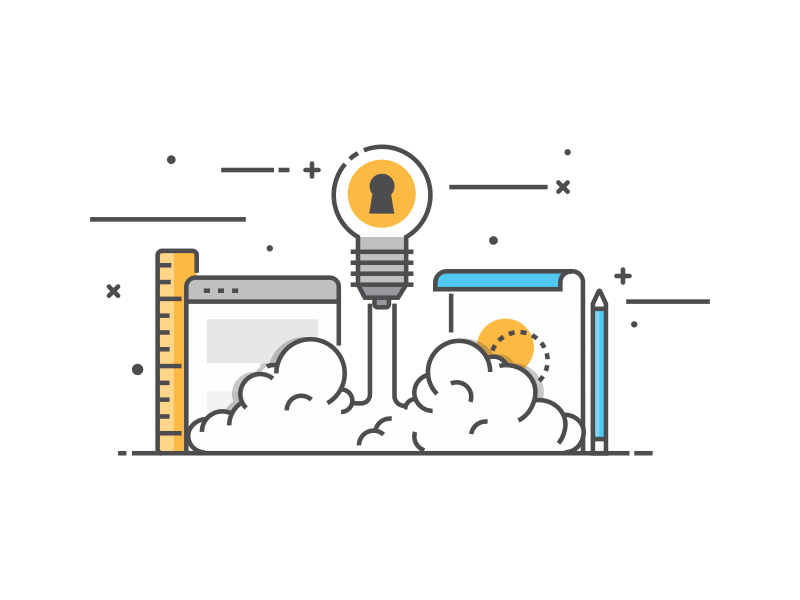Q1. What is cloud computing?
A1. Cloud computing is a model of computing where data, software, and other resources are stored and accessed over the internet instead of on a local computer or server.
Q2. What are the benefits of cloud computing for startups?
A2. The benefits of cloud computing for startups include increased scalability, cost savings, access to powerful technologies, improved security, and more.
Q3. What types of cloud services are available?
A3. Cloud services come in many forms, such as Infrastructure as a Service (IaaS), Platform as a Service (PaaS), Software as a Service (SaaS), and more.
Q4. How can cloud computing help startups grow?
A4. Cloud computing can help startups grow by providing access to resources, allowing for scalability, and providing increased security.
Q5. What are the costs associated with cloud computing?
A5. Cloud computing costs can vary depending on the type of cloud service and usage. Generally, it is more cost-effective than on-premise solutions.
Q6. Is cloud computing secure?
A6. Yes, cloud computing can be secure when the right security measures are taken such as encryption, data backup, and two-factor authentication.
Q7. What is Infrastructure as a Service (IaaS)?
A7. Infrastructure as a Service (IaaS) is a cloud computing model in which a provider delivers cloud-based virtualized computing resources, such as servers and networking, to customers.
Q8. What is Platform as a Service (PaaS)?
A8. Platform as a Service (PaaS) is a cloud computing model in which a provider delivers cloud-based virtualized computing resources, such as development platforms and databases, to customers.
Q9. What is Software as a Service (SaaS)?
A9. Software as a Service (SaaS) is a cloud computing model in which a provider delivers cloud-based virtualized software applications, such as customer relationship management (CRM) and enterprise resource planning (ERP) systems, to customers.
Q10. What are the benefits of using cloud computing for startups?
A10. Benefits of using cloud computing for startups include increased scalability, cost savings, access to powerful technologies, improved security, and more.
Q11. What is the difference between public and private cloud computing?
A11. Public cloud computing is a cloud computing model in which a provider delivers cloud-based resources to customers over the public internet, while private cloud computing is a cloud computing model in which a provider delivers cloud-based resources to customers over a private network.
Q12. What are the most popular cloud computing services?
A12. The most popular cloud computing services include Infrastructure as a Service (IaaS), Platform as a Service (PaaS), Software as a Service (SaaS), and Database as a Service (DBaaS).
Q13. What are the advantages of using cloud computing for startups?
A13. The advantages of using cloud computing for startups include increased scalability, cost savings, access to powerful technologies, improved security, and more.
Q14. What is the best cloud computing service for startups?
A14. The best cloud computing service for startups will depend on their unique needs and budget. Generally, a combination of Infrastructure as a Service (IaaS), Platform as a Service (PaaS), and Software as a Service (SaaS) is recommended.
Q15. What is cloud storage?
A15. Cloud storage is a cloud computing service in which data is stored over the internet instead of a physical storage device.
Q16. What is cloud hosting?
A16. Cloud hosting is a cloud computing service in which a provider hosts websites, applications, and other services on their virtualized cloud-based infrastructure.
Q17. What is cloud computing used for?
A17. Cloud computing is used for many different purposes, such as hosting websites, developing applications, storing data, and performing analytics.
Q18. What is a cloud provider?
A18. A cloud provider is a company that provides cloud computing services to customers.
Q19. What are the different types of cloud computing?
A19. The different types of cloud computing include public, private, hybrid, and multi-cloud.
Q20. What is a hybrid cloud?
A20. A hybrid cloud is a cloud computing model that combines public and private clouds, allowing for greater flexibility and scalability.
Q21. What is multi-cloud?
A21. Multi-cloud is a cloud computing model that uses multiple cloud providers to deliver cloud-based services.
Q22. What is cloud computing security?
A22. Cloud computing security is the set of security measures that are taken to protect data and applications stored in the cloud from unauthorized access.
Q23. How does cloud computing work?
A23. Cloud computing works by storing data, applications, and other resources on a remote server and accessing them over the internet.
Q24. What are some common cloud computing services?
A24. Some common cloud computing services include Infrastructure as a Service (IaaS), Platform as a Service (PaaS), Software as a Service (SaaS), and Database as a Service (DBaaS).
Q25. What is the difference between cloud computing and virtualization?
A25. Cloud computing is a model of computing where data, software, and other resources are stored and accessed over the internet instead of on a local computer or server, while virtualization is the process of creating a virtual version of a physical computer system.
Q26. What are the different cloud computing deployment models?
A26. The different cloud computing deployment models include public cloud, private cloud, hybrid cloud, and multi-cloud.
Q27. What are the benefits of cloud computing for business?
A27. The benefits of cloud computing for business include cost savings, increased scalability, access to powerful technologies, improved security, and more.
Q28. What is cloud bursting?
A28. Cloud bursting is a cloud computing technique in which a provider dynamically allocates additional computing resources to a customer’s cloud-based system when demand increases.
Q29. What is cloud computing architecture?
A29. Cloud computing architecture is the design and structure of a cloud-based system.
Q30. What is cloud computing service level agreement (SLA)?
A30. A cloud computing service level agreement (SLA) is a contract between a cloud provider and a customer that outlines
the services, performance, and availability of the cloud-based system.




